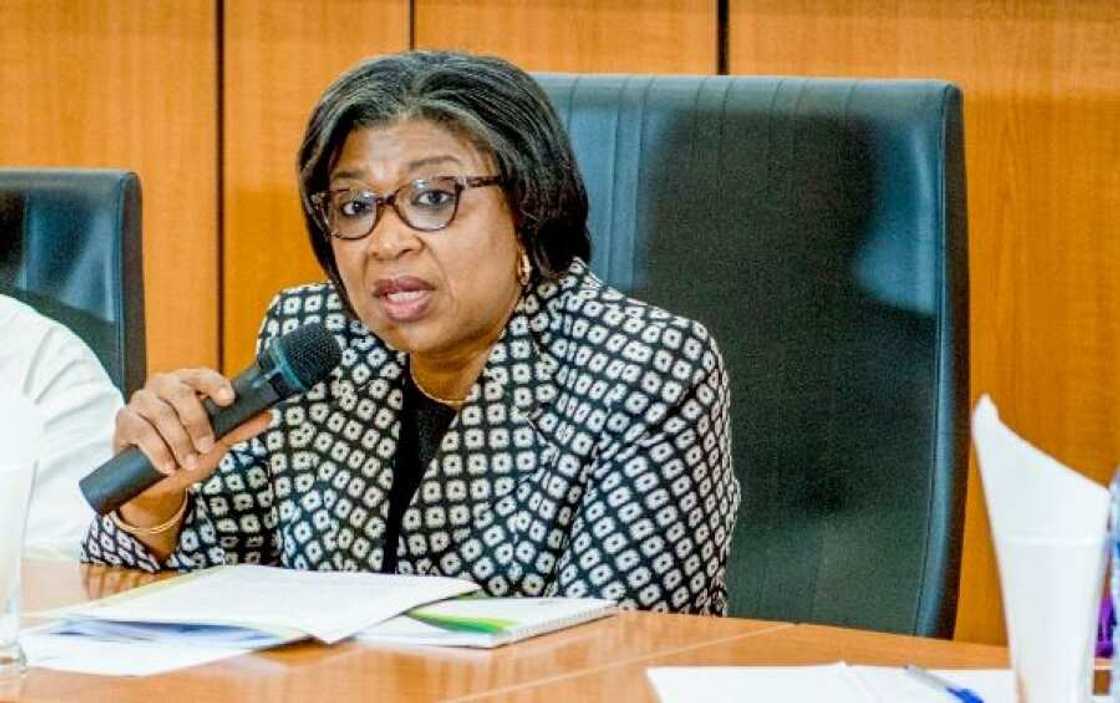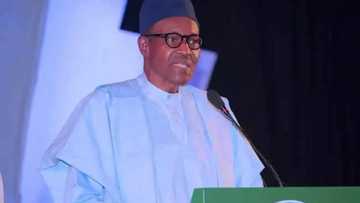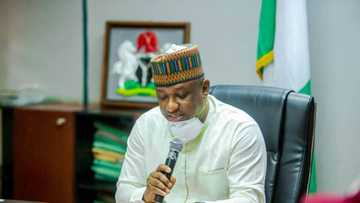Nigeria Will Not Let China Take Her Assets Despite Huge Debts –DMO
- It it not possible for China to just pounce on Nigeria's assets despite the country's indebtedness to the Asian country
- Patience Oniha, Director-General of the Debt Management Office (DMO), allayed the fears of many Nigerians that China may close in on Nigeria's assets soon
- She said there are steps to be take both locally and internationally before another country encroaches on another's assets
The Debt Management Office (DMO) has said it is impossible for China to seize Nigeria’s assets because the country’s indebtedness to the Asian giant is a mere 9.4percent of No Nigeria’s total debt stock, which stands at 37.9 billion dollars.
What DMO is saying
The Director-General of DMO, Ms Patience Oniha, made this known in an interview with the News Agency of Nigeria (NAN) on Saturday in Abuja, adding that Nigeria owes Chinaclarified that loans from China to Nigeria, which presently stood at 3.59 billion dollars, which are mostly concessional without attachment of any national asset.

Source: UGC
NAN reports that in recent times, both the social and mainstream media have been awash with news about some African countries, including Nigeria, facing the threat of losing some critical national assets to the Asian country due to high level indebtedness.
Do you have a groundbreaking story you would like us to publish? Please reach us through info@corp.legit.ng!
Oniha said:
“Nigeria’s total debt stock as at Sept. 30 was 37.9 billion dollars, this figure comprised the external debt stock of the Federal Government, 36 state governments and the Federal Capital Territory.
“But total loans from China standsg at 3.59 billion dollars, which is 9.47 per cent of the total external debt. The loans did not require any national asset as collateral; they were largely concessional.”
Oniha explained that before foreign loans were contracted, very sensitive steps were taken by multiple institutions of government to ensure that they were beneficial to the nation.

Read also
Buhari looks vindicated, as renowned audit firm ranks Nigeria top foreign investment destination in Africa
According to her, before any foreign loan is contracted, including the issuance of Eurobond, they are approved by the Federal Executive Council and thereafter, the National Assembly.
She explained that an important and extremely critical step is that the loan agreements are approved by the Federal Ministry of Justice.
“An opinion is issued by the Attorney-General of the Federation and Minister of Justice before the agreements are signed.
The DMO boss said:
“Several measures which operate seamlessly have been put in place to ensure that data on debt are available and that debt is serviced as at when due. Provisions are made explicitly for debt service in the annual budgets,
She explained that the loans agreements provided a number of steps to take to resolve disputes when they arise.
Oniha stressed that the first action is that the parties should resolve it within themselves and if that fails, they go to arbitration.

Read also
Jimoh Ibrahim’s N69bn debt might land him on top of biggest debtors' list in Nigeria in January
Oniha continues:
“In other words, a lender, in this case, China, would not just pounce on an asset at the first sign of a dispute, including defaults."
She explained that the DMO maintained proper records of debts, provided projections for debt service and processed the actual payments for debt service.
She pointed out that those functions were carried out in conjunction with the Office of the Accountant-General of the Federation (OAGF) and the Central Bank of Nigeria (CBN).
Debts tripled in seven years
Legit.ng reported that rights activist, Chidi Odinkalu, has said Nigeria’s debt profile has increased three times in the last seven years, that is since Muhammadu Buhari mounted the saddle as Nigeria’s president.
Odinkalu said this in a tweet but did not expatiate as he only provided an undated chat from the Nigeria Bureau of Statistics (NBS).
Odinkalu may not be an economist but available data from Debt Management Office (DMO) says Nigeria’s debt profile has soared to about N35.65 trillion recently because of increased borrowing by Buhari's government.
Source: Legit.ng



